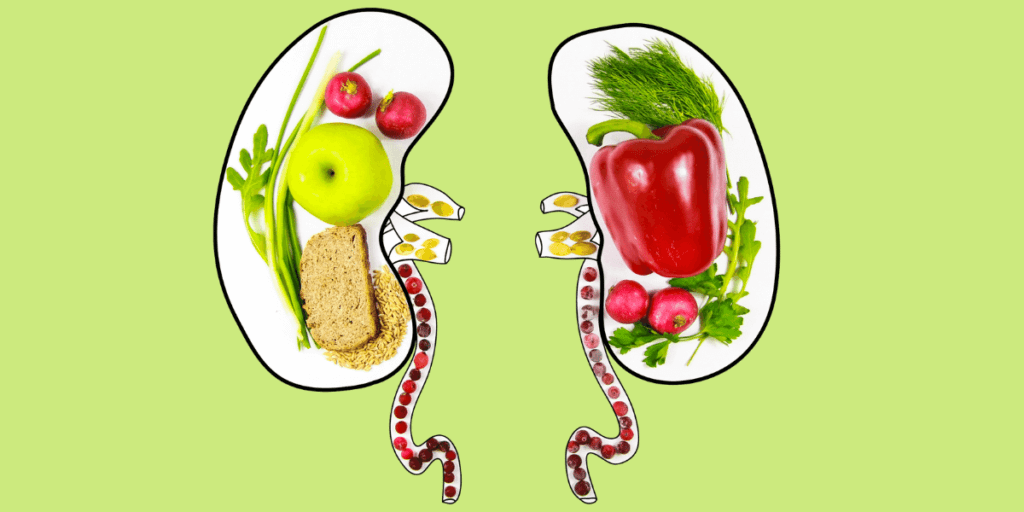
You may have a strong stomach, and your heart may be in the right place, but do you know how well your kidneys are working? Kidney stones are often the first thing to come to mind when discussing kidney health. But kidney diseases are the ninth leading cause of death in the United States. During National Kidney Month, we want to help raise awareness about kidney issues and preventative tactics.
Your kidneys, each just the size of a computer mouse, filter all the blood in your body every 30 minutes. They work hard to remove wastes, toxins, and excess fluid. They also help control blood pressure, stimulate the production of red blood cells, keep your bones healthy, and regulate blood chemicals that are essential to life. Kidneys that function correctly are critical for maintaining good health. However, roughly 15% of U.S. adults are estimated to have chronic kidney disease (CKD). CKD includes conditions that damage your kidneys and decrease their ability to keep you healthy. If the kidney disease gets worse, wastes can build to high levels in your blood and make you feel sick. You may develop complications like high blood pressure, anemia (low blood count), weak bones, poor nutritional health, and nerve damage. Also, kidney disease increases your risk of having heart and blood vessel disease. These problems can occur slowly over a long period. Early detection and treatment can often keep chronic kidney disease from getting worse. However, early kidney disease rarely has symptoms. This is why it's so important to be tested regularly by your doctor for kidney damage.
Keeping Your Kidneys Healthy
Preventing chronic kidney disease and its complications is possible by managing risk factors and treating the disease to slow its progression and reduce the risk of complications. To keep your kidneys healthy, you must control the risk factors that can be modified.
Kidney-Friendly Tips
• Lose weight if you are overweight
• Get active. Physical activity helps control blood sugar levels
• Quit smoking
• Getting a checkup? Make sure to get your kidneys checked too
• Take medications as directed
• Keep your blood pressure below 140/90 or ask your doctor what the best blood pressure target is for you
• If you have diabetes, stay in your target blood sugar range as much as possible
• Stay in your target cholesterol range
• Eat foods lower in salt
• Eat more fruits and vegetables
Get Tested
If you're at risk for kidney disease, get your kidneys checked regularly, which is done by your doctor with simple blood and urine tests. High risk people include those with diabetes, high blood pressure, heart disease, or a family history of CKD. Regular testing is your best chance for identifying CKD early if you do develop it. Early treatment is most effective and can help prevent additional health problems. Your treatment and management plan may include taking medications and making lifestyle changes—including choosing healthy foods and getting physically active—as well as working to keep your blood sugar and blood pressure numbers as close to target as you can.
Your primary care doctor can help prevent and treat the early stages of kidney disease; however, sometimes early stages and symptoms go unnoticed. Regular testing can monitor your kidney function, particularly if you're at high risk for kidney disease. If you have advanced chronic kidney disease, large amounts of blood or protein in your urine, recurring kidney stones, high blood pressure, or a rare or inherited cause of kidney disease, your doctor will likely recommend you to a nephrologist. Community Care Physicians has two Nephrology practices, conveniently located in Schenectady and Slingerlands. To learn more about our nephrology services, visit our website.
Sources
https://www.kidney.org/news/national-kidney-month-take-five-your-kidneys
https://www.cdc.gov/kidneydisease/publications-resources/get-tested.html
https://www.niddk.nih.gov/health-information/community-health-outreach/national-kidney-month
